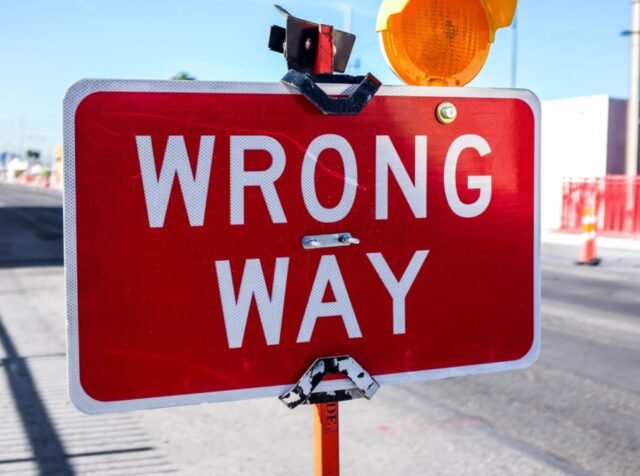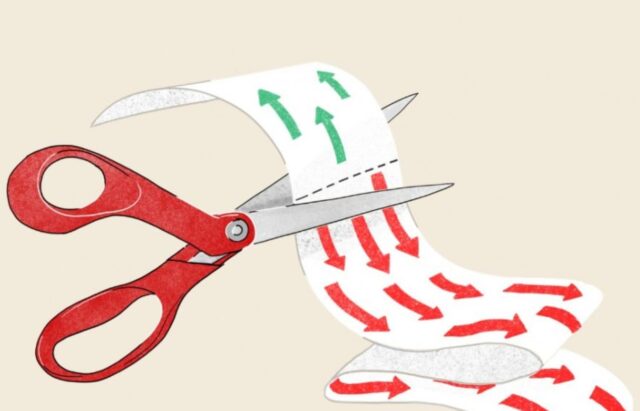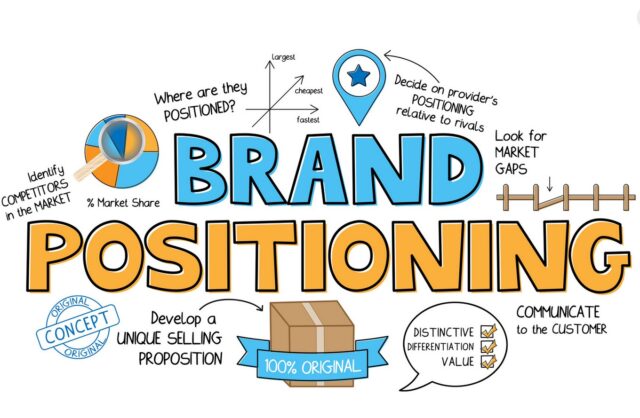
Any recession is a low blow to marketers since none is exactly the same as the other. Businesses that are ill-equipped and unprepared for this fairly regular economic event more often go bankrupt or permanently close. So, what should you do if you want to avoid suffering the same fate?
After studying several successes and failures from previous recessions, here is a guide that you can use to propel your business to success in a failing economy.
If you want to thrive during a recession, you need to understand how consumption evolves and create a strategy that aligns accordingly. A recession forces consumers to redefine their priorities and decrease their regular spending.
As a result, businesses experience a drop in sales and naturally react by reducing prices, cutting costs, and holding off on any new investments. But is this a wise decision on their part?
These are common mistakes that business owners make while in a rush that can jeopardize the future of your business. Let us dissect some of the common mistakes during a recession and figure out you can overcome the tide and flourish.
Mistake 1: Cutting Down the Marketing Budget

As recession creeps in and the market tightens up, it is easy to forget that your rise in sales is not only due to creating appealing advertisements and having great products. Consumers also purchase your product if they have a disposable income if they have confidence in their future and if they trust and believe in your product.
Although it may sound counter-intuitive, this is not the time to cut down your marketing budget. Reducing your marketing expense may provide a short period of slowing yout losses, but the long term effects may be disastrous.
How is this possible?
Once you slash your marketing budget, the efforts your business has made in the previous years in marketing will still hold you up, giving you a false sense of security. Eventually, the period of below-average marketing will reflect through below-average sales.
So, what should you do?
While the vast majority of the world reduces their marketing spend, you should instead maintain yours or even increase it if possible. The result will be that you will gain a more significant market share and even more returns at a lower cost. How is this possible?
Well, you are not the only one feeling the pinch of the recession. Media companies, agencies, and trade shows are also looking for ways to survive the market. You can, therefore, ask for discounts or even negotiate for lower rates for long marketing commitments. By doing so, you can take over a more significant share of the market from your competitors who may opt to wait out for the recession.
If you have no other choice but to trim your budget, you need to be surgical about it. Try as much as possible to maintain your regular communication and presence. Focus more on low-cost marketing channels, such as social media and even direct mail. Direct mail is actually a very targeted and affordable way to reach your audience, also sending a positive message is an excellent way to stay top of mind when times start to turn around. A great company to utilize is Wise Pelican, who has hundreds of templates that are free and fully customizable.
Mistake 2: Cutting Down Your Prices

Consumers will beg you to lower your prices, that’s a fact. But should you? No. Prepare yourself on how to deal with the issue of price cuts without having to feel like a prisoner. The only time you should reduce your prices is only if you are receiving an equivalent in value, or there is a drop in your costs.
A good example is offering a discount when a client purchases a big order or makes an early payment. You can also try to deal with the price resistance by introducing a payment plan and allowing your client to purchase by making several consecutive payments.
Additionally, you can try to introduce a lower value product and a high-value product so that you can make the original product price more appealing.
Mistake 3: Failing To Grasp the Change in Your Customer’s Psychological Needs

During a recession, the current needs of your target market may most likely change. While it is imperative to understand your target market by analyzing their demography, you should also pay close attention to their psychological drive.
As such, how does your target market emotionally react to the change in the economic environment?
You can categorize your customers into four different groups:
- The slam-on-the-brakes: They suffer the most financially during a recession. Their immediate response is to eliminate, postpone, or decrease their spending. The groups consist of mainly lower-income consumers and anxious-high income consumers.
- The pained-but-patient: These consumers are optimistic about the long term but are not confident that they can maintain their standard of living or about the prospects of near term recovery. Here you can find consumers from a wide range of income levels as they make up the largest segment. They are economical, though, in a less aggressive way. However, as the recession worsens, they tighten their spending and can shift into the slam-on-the-brakes group.
- The comfortably-well-off: These consumers can ride the financial wave. They comprise the top 5 percent income bracket plus the less wealthy but confident of their financial stability. Their consumption is at pre-recession levels and is just a little bit selective in their purchases.
- The live-for-today: These consumers do not mind about their savings and continue with their standard purchases.
Every consumer in the group above prioritizes their consumption into either essential, treats, postpones, or expendables. Priorities change during a recession. During such time, they become more price-sensitive and less brand loyal.
You should, therefore, find ways to remind them that they cannot do without your offer.
Mistake 4: Changing Your Brand Positioning Without a Definite Strategy

It is common for business owners to assume how consumers will behave during a recession. One such assumption is that consumers will reduce their spending. It is one of the biggest traps you can fall into, leading to making unnecessary discount offers or reduction in prices.
It would be best if you did not assume that your primary consumers are price buyers. Instead, your everyday consumers make purchases due to the value they perceive. So, what happens if you suddenly drop the prices of your services or products?
You may attract new clients, but that will only be for the short term. Your repeat customers may start distrusting you and end up alienating you. The result will be a weaker market positioning. Instead of focusing on the price, remind your customers of the value they will get.
Reinforce your brand message and improve the satisfaction of your clients. Send them care packages or even thoughtful postcards to create a better and long-lasting relationship with them. Find out their thoughts and include them in your marketing message.
Bottom Line
Both big and small businesses can fall victim to a recession. However, once you take care of these four mistakes, your business will have a higher chance of not only surviving the tough times but also thriving and possibly even reaping profits.
What approach will you take in the next recession?









